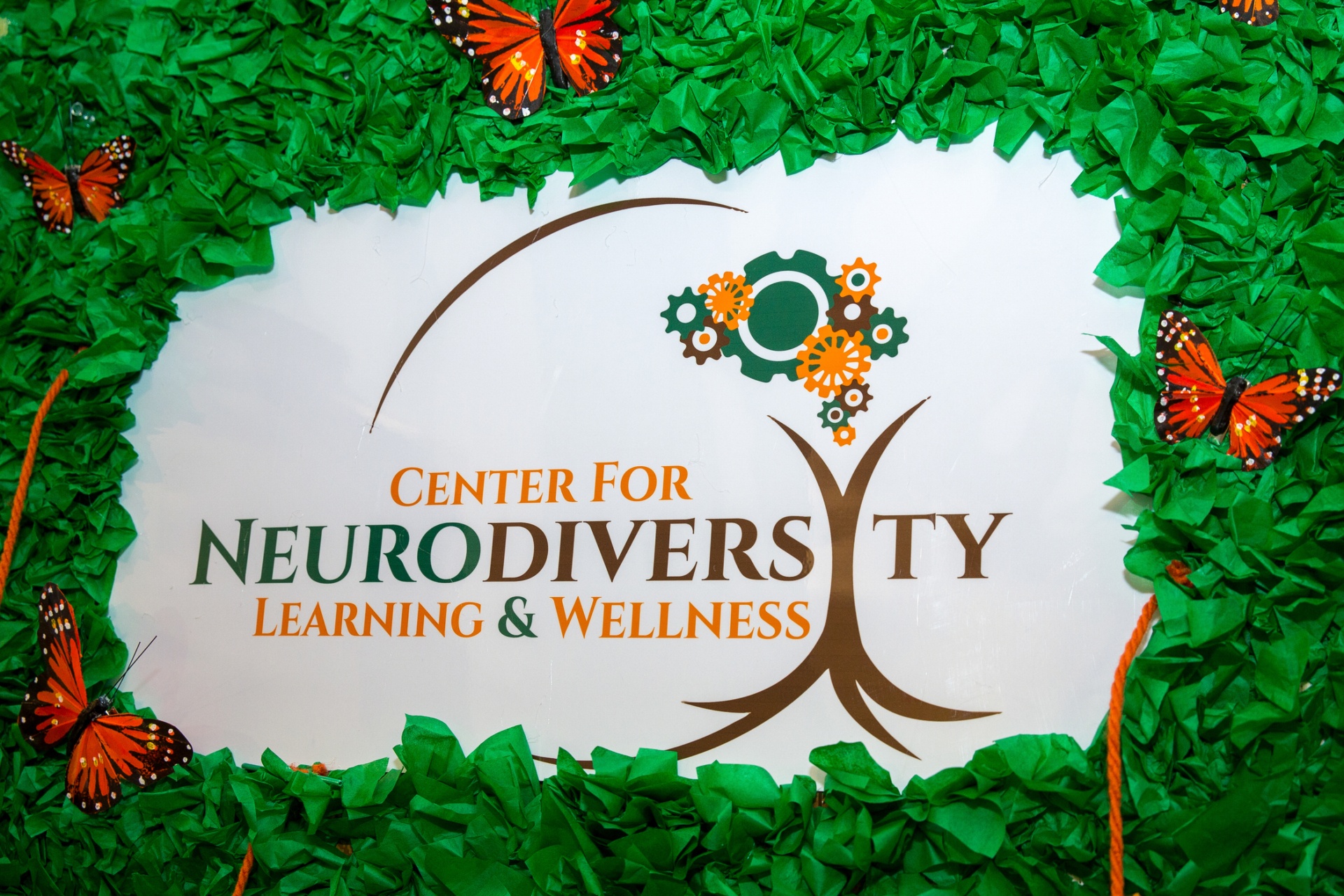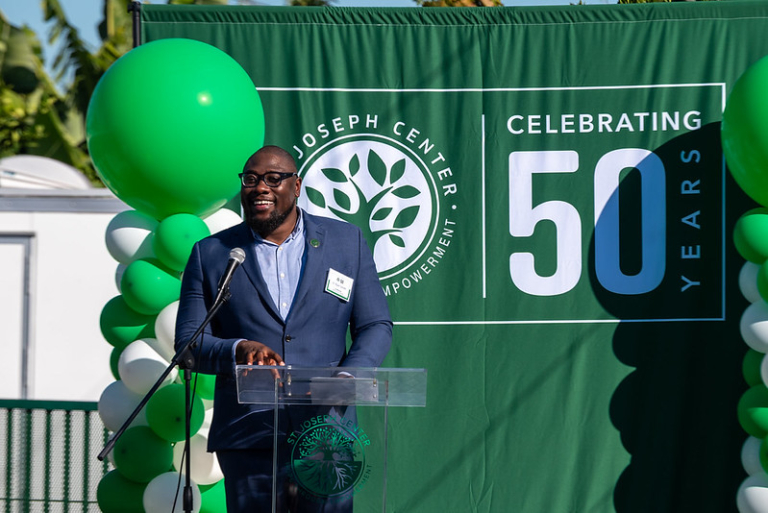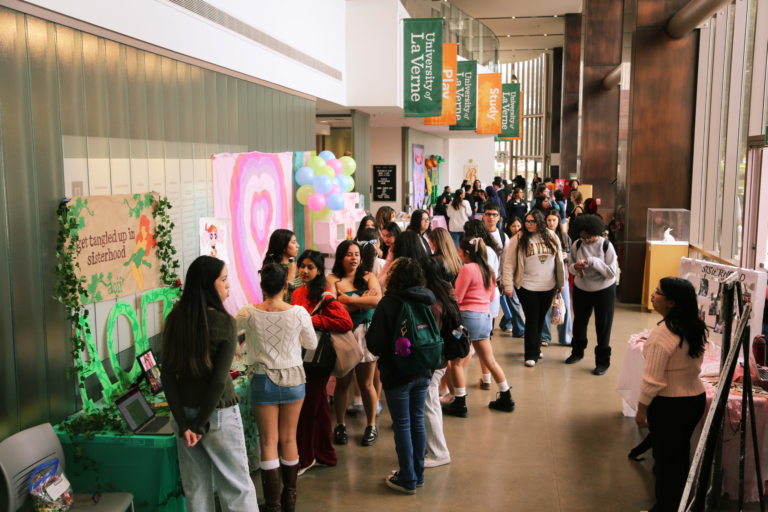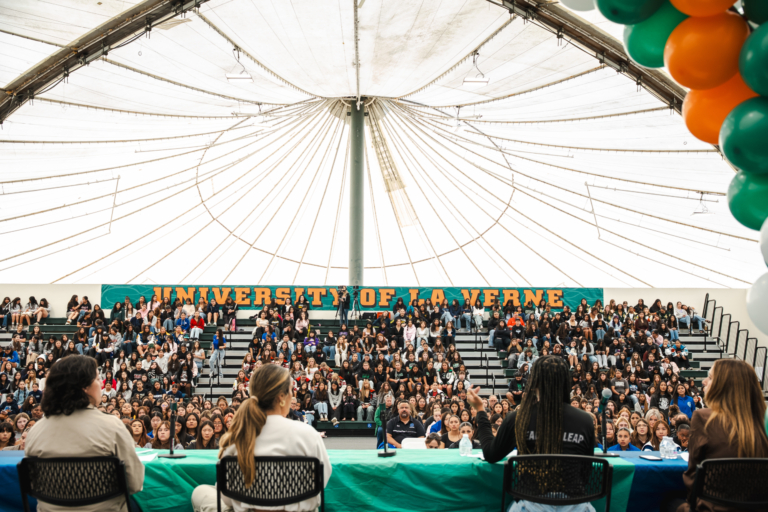Annual Neurodiversity Symposium to Offer Strategies for Dismantling Disproportionality in Schools

The University of La Verne’s Center for Neurodiversity, Learning, and Wellness will host its 5th Annual Neurodiversity Symposium on Saturday, April 30, 2022.
The symposium is designed to bring next-day applicable educational strategies to classroom teachers, administrators, school counselors, and educational enrichment program directors.
This year’s event will focus on strategies for dismantling significant disproportionality in schools. Significant disproportionality is a term that describes the occurrence of students of certain racial and ethnic groups being identified for special education, disciplined, and placed in more restricted educational settings at higher rates than others.
Through the lens of neuroscience, symposium participants will be given insight into effective brain-based teaching strategies for educating and relating to students in a way that has the ability to turn the tide on these trends. Participants will leave with a greater understanding of the human brain and nervous system and the role of felt-safety, relationships, implicit bias, and connection.
The keynote speakers will be Mary Helen Immordino-Yang and Zaretta Hammond.
Immordino-Yang is a Professor of Education, Psychology and Neuroscience at the University of Southern California (USC) and director of the USC Center for Affective Neuroscience, Development, Learning and Education (CANDLE).
Hammond is a national consultant and author of Culturally Responsive Teaching and the Brain: Promoting Authentic Engagement and Rigor for Culturally and Linguistically Diverse Students.
The symposium will take place in the Abraham Campus Center at the University of La Verne.
Registration is now open. Additional information and tickets are available at education.laverne.edu/neurodiversity.
The Center for Neurodiversity, Learning, and Wellness (CNLW) is a resource hosted by the university’s LaFetra College of Education. The center offers a multifaceted program of educational services, professional training, research, and community engagement intended to promote a greater understanding of neurological diversity in our culture.


